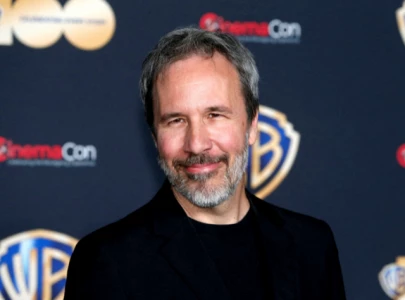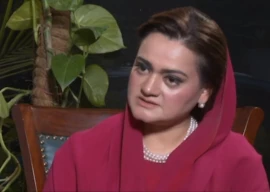
The establishment of peace in Afghanistan would have a hugely positive dividend here in the fight against Pakistani Taliban, so the government and the army should encourage the resumption of negotiations between the Afghan Taliban and the United States, according to Ahmed Rashid, a journalist and author of several books on Afghanistan and Pakistan.
Speaking at a seminar titled ‘Talks: Ending the War In Afghanistan’ at the South Asian Free Media Association (Safma), Rashid said he was optimistic that the US-Taliban talks would resume.
He said that the Pakistan Army supported the US-Taliban talks in Doha and the Nawaz Sharif government should also play a role in encouraging the resumption of the dialogue.
“The army can do things to help talks resume. Several Taliban who are imprisoned in Pakistan and who are part of the peace lobby can be released. Pakistan nabbed them because they wanted talks with the US. It should understand that these are the good guys they are holding,” Rashid said.
He said Pakistan’s public posturing about Afghanistan was unsatisfactory. “Many Taliban families live here in Pakistan and we can push them towards negotiations, which we should do,” he maintained.
Rashid said it was important to assess how the Taliban saw the American withdrawal from Afghanistan in 2014 which would still leave some 10,000 troops stationed in Afghanistan.
“There is a need to enlist Taliban in the armed forces of Afghanistan. They should be asked to contest the coming elections. Power-sharing with the Taliban could work and that’s what the US is thinking about,” he said.
He said that unlike the Afghan Taliban, it was hard to determine who the leaders of the faction-ridden Pakistani Taliban were.
He said that only when the intelligence agencies, particularly the ISI, shared intelligence with the civilians could the civilians take ownership of the matter. “Ownership in a vacuum, in my opinion, is a waste of time,” he said.
Civil-military relations
Columnist Kamran Shafi disagreed with Rashid, saying that the Afghan Taliban starting negotiations with the US would not necessarily make the Pakistani Taliban more peaceful.
He said that the Tehreek-i-Taliban Pakistan was sending mixed signals and local could turn against the government.
Shafi reiterated Rashid’s point that the ISI should share intelligence with civilians.
He said earlier, the prime minister could pick the ISI head from a list of names given to him by the chief of army staff. Now the army chief appointed the ISI director general directly.
Shafi said that Pakistan’s denials of the existence of the Quetta Shura for seven years had been exposed as hollow when the defence minister mentioned it in a slip of tongue.
He said Balochistan Chief Minister Dr Abdul Malik and Prime Minister Nawaz Sharif represented Pakistan’s last chance to fix things there.
“And I am not talking about a coup here. The generals will never pull off a coup themselves. They fire their shots with their guns on civilians’ shoulders,” he said.
Imtiaz Alam, the Safma chairman, said Pakistan should be clear on what it wanted after the transition in Afghanistan. The American bottom line was that the Taliban should have no global agenda. “In this situation, we have to think about what we want and what our planning is,” he said.
Published in The Express Tribune, July 7th, 2013.

1732745394-0/Diddy-(4)1732745394-0-165x106.webp)








1732012115-0/Untitled-design-(14)1732012115-0-270x192.webp)






COMMENTS
Comments are moderated and generally will be posted if they are on-topic and not abusive.
For more information, please see our Comments FAQ